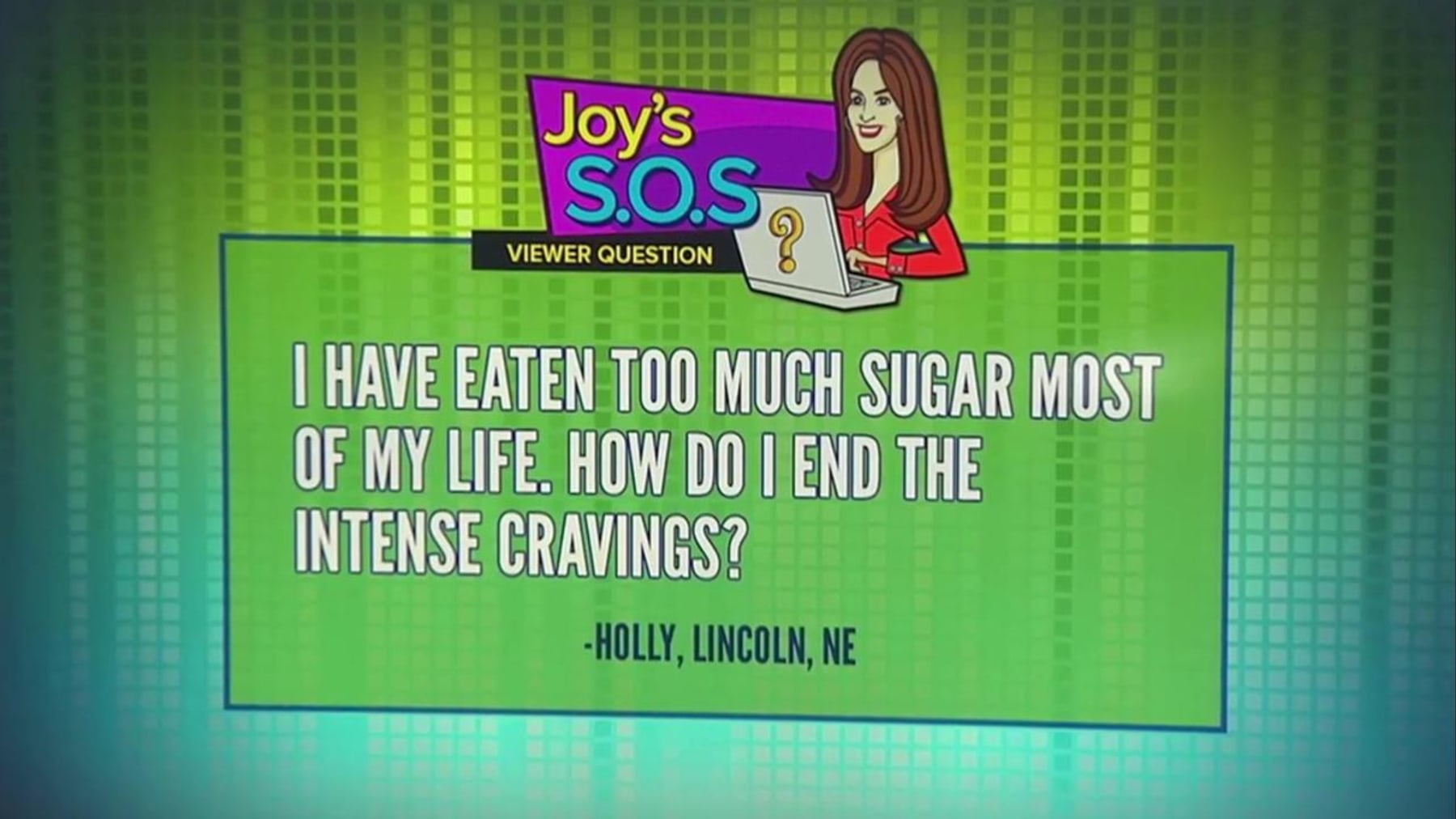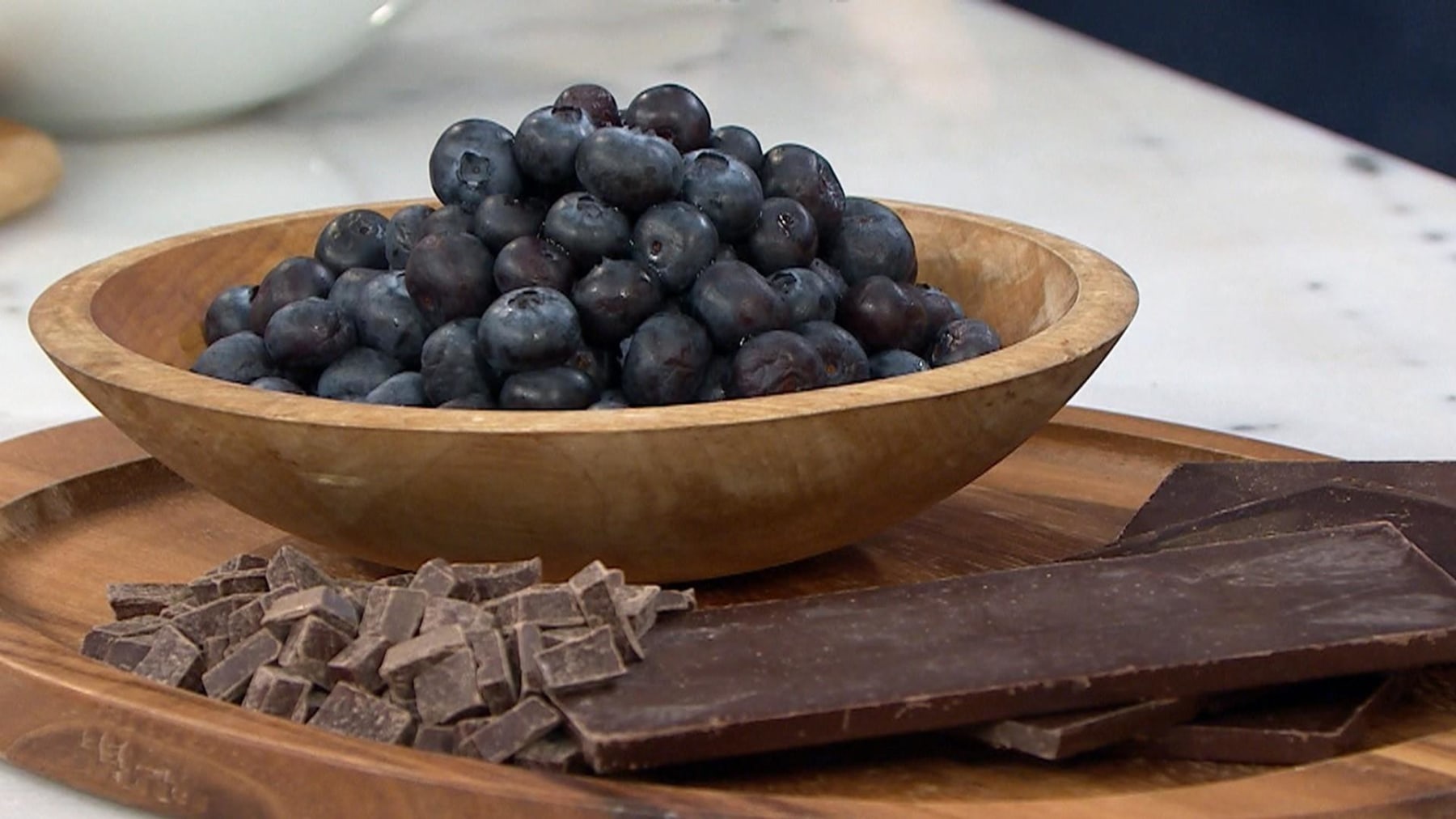As I was writing this story, I looked down at my plate and noticed the food I was eating had disappeared. It seemed as if the toasted waffle covered with crunchy almond butter and a sliced banana had just vanished before I got the chance to taste it, let alone enjoy it.
I'm a nutritionist who should know better. I repeatedly urge clients to pay attention to what they eat, yet I’m often guilty of doing another activity while eating.
The best foods for your brain are...
PLAY VIDEO - 4:41The best foods for your brain are...
PLAY VIDEO - 4:41
How common is this “do as I say and not as I do” problem among nutritionists? You'd be surprised. Here are eight bad eating habits even nutritionists are guilty of:
1. Desktop dining
Let’s start with my mistake: Eating food as the side dish to a keyboard can prevent you from enjoying the taste, texture and temperature of the meal. This habit can potentially lead to gaining weight and losing appreciation for the food in front of you.
I know, leaving the desk seems impossible at times, but it’s important to detach from your screen while you’re eating, even for 15 minutes. A pause will likely improve digestion, beat bloat and help you to enjoy your meals more fully.
2. Mindless Munching
“I have to admit that when I’m looking for an ‘official’ snack to eat, I’m guilty of grazing through the pantry or refrigerator — snacking — as I look around. A handful of popcorn here or a few nuts there, and before I know it, it starts to add up to mindless munching. As a mom to two little girls, I’m trying to set an example of how to eat more mindfully, and to put food on a plate and to actually sit down and eat it. But some days... I need to do a better job of listening to my own advice.”
— Holley Grainger, MS, RD, nutrition and lifestyle expert, and blogger at Cleverful Living
See Hoda Kotb learn easy ways to stop mindless snacking
PLAY VIDEO - 2:34See Hoda Kotb learn easy ways to stop mindless snacking
PLAY VIDEO - 2:34
3. Speed eating
"One negative eating behaviour that I have been working on changing forever is that I eat too quickly. I can literally finish my meal so quickly that by the time I’m done, others aren’t even halfway through with the dish in front of them. This behaviour can lead to over-eating and feeling way too stuffed. When clients report the same habit, I tell them to focus on chewing their food very slowly, putting down their fork (or spoon) after bites, and taking sips of water during their meal. Now if I could only adhere to my own advice."
— Keri Gans, RDN, nutritionist, certified yoga teacher and author of “The Small Change Diet”
4. Delaying dining
“I go too long without eating. There are times when I run out of snacks at the office or my client sessions go over and I don’t have time to fit in a snack. I feel awful when I don’t eat every few hours and yet I still let this happen from time to time."
“To combat the dreaded 'hanger,' I advise clients to keep a variety of grab-n-go snacks in their bag to avoid running out of fuel. If they easily forget to eat, it might be a good idea for them to set reminders on their phones to prompt them to eat every few hours. I also suggest that rather than beating themselves up for not honouring their hunger, that they use the experience as a learning opportunity to adjust for next time.”
— Kara Lydon, RD, LDN, RYT, Intuitive Eating counsellor and blogger at The Foodie Dietitian
5. Healthfully overindulging
“I love eating super healthy foods, but even superfoods cause weight gain when you eat too much of them. I try to teach clients to retrain their eyeballs by weighing and measuring food for three days to recalibrate their perspective on proper portion sizes of even the healthiest foods.”
— Dawn Jackson Blatner, RDN and author of “The Superfood Swap”
Sugar detox: How to curb your intense sweet tooth
PLAY VIDEO - 1:00Sugar detox: How to curb your intense sweet tooth
PLAY VIDEO - 1:00
6. Not hydrating
“I don’t drink enough water, which causes me to be hungry — it zaps my energy and it clouds my thinking. My advice to others includes: Have a water bottle filled and in sight as a reminder to drink; use a water reminder phone app to help; drink water at set times during the day to make it more of a habit — such as first thing in the morning and before each meal — and have a variety of options to choose from, such as unsweetened infused water, unsweetened iced tea and sparkling water.”
— Dawn Jackson Blatner, RDN and author of “The Superfood Swap”
7. Not planning
“No matter how many times I tell people that planning and prepping are the keys to healthy eating throughout the week, I still find myself, particularly during busy weeks, scrambling to put together a balanced plate. This happens especially at lunch when I'm overly hungry and ready to raid the pantry. I know I need to aim to be intentional about cutting up veggies ahead of time for snacking during the week but inevitably I end up grabbing for a bag of chips instead!”
— Regan Jones, RD, podcast host at This Unmillennial Life
8. Giving in to sweet cravings
“I struggle with always feeling the need to eat something sweet after a meal. Even though I’m not hungry, I just have to have something … Even if it’s just a little piece of chocolate. In reality, a little piece wouldn’t be so bad, but sometimes a little piece turns into four or five pieces of chocolate. When clients complain to me about the same bad habit, I give them a variety of ways to control it by suggesting that they instead chew gum, suck on mints or stay busy until the craving passes.”
— Tara Collingwood, RDN, sports dietitian in Orlando, Florida
Bonnie Taub-Dix, RDN, is the creator of BetterThanDieting.com and author of "Read it Before You Eat It - Taking You from Label to Table."
Click Here For More Articles
Don't forget to opt-in to Our Healthy Living Society and get 3 free gifts while receiving the latest information on health, well-being and groundbreaking news about natural nutrition.


No comments:
Post a Comment